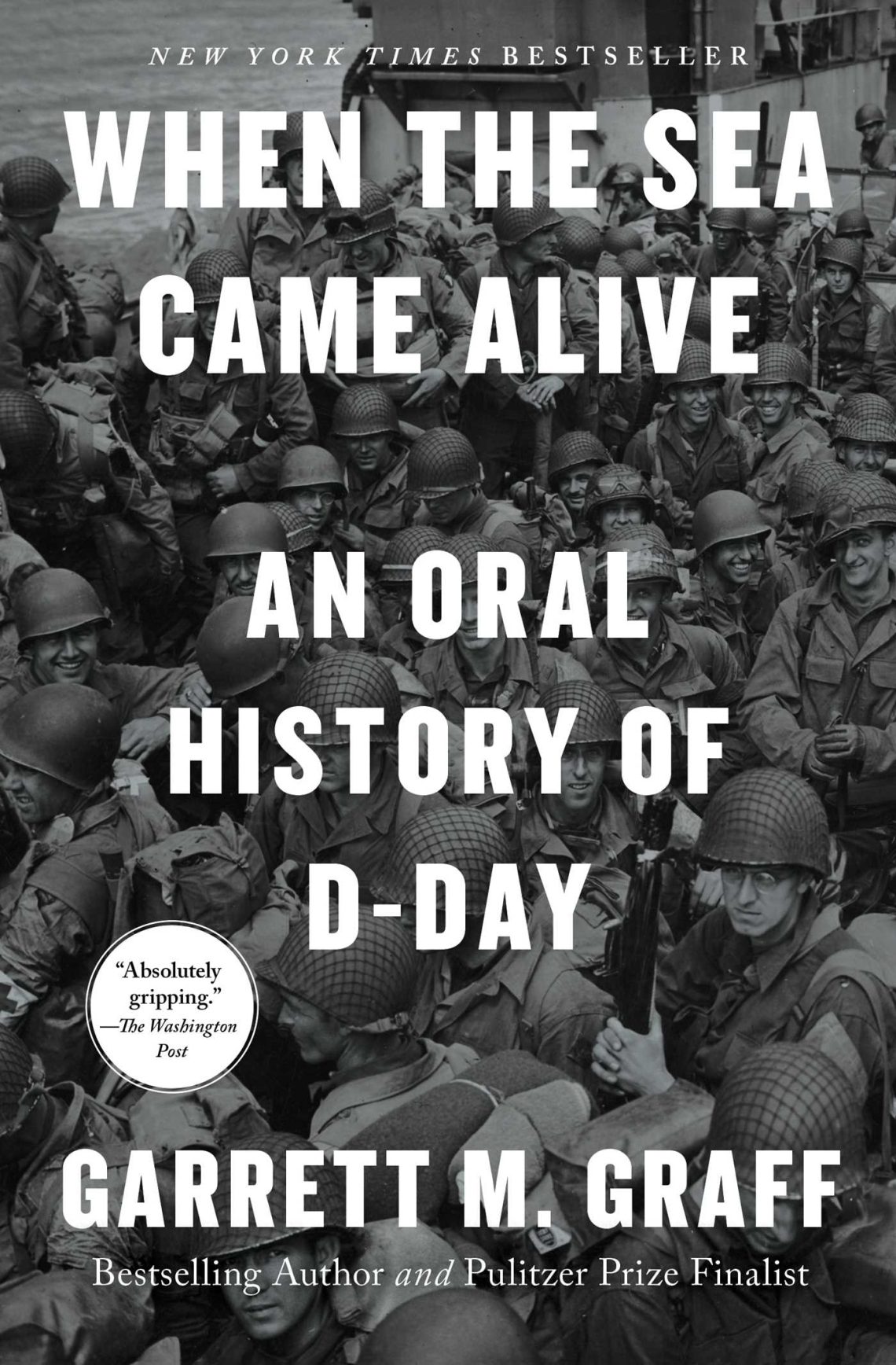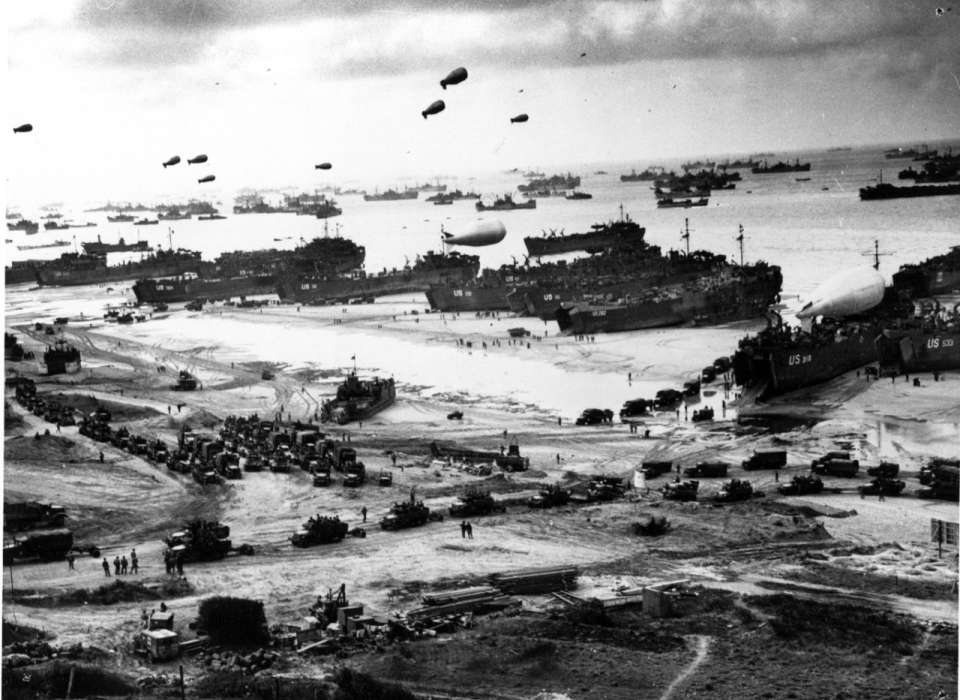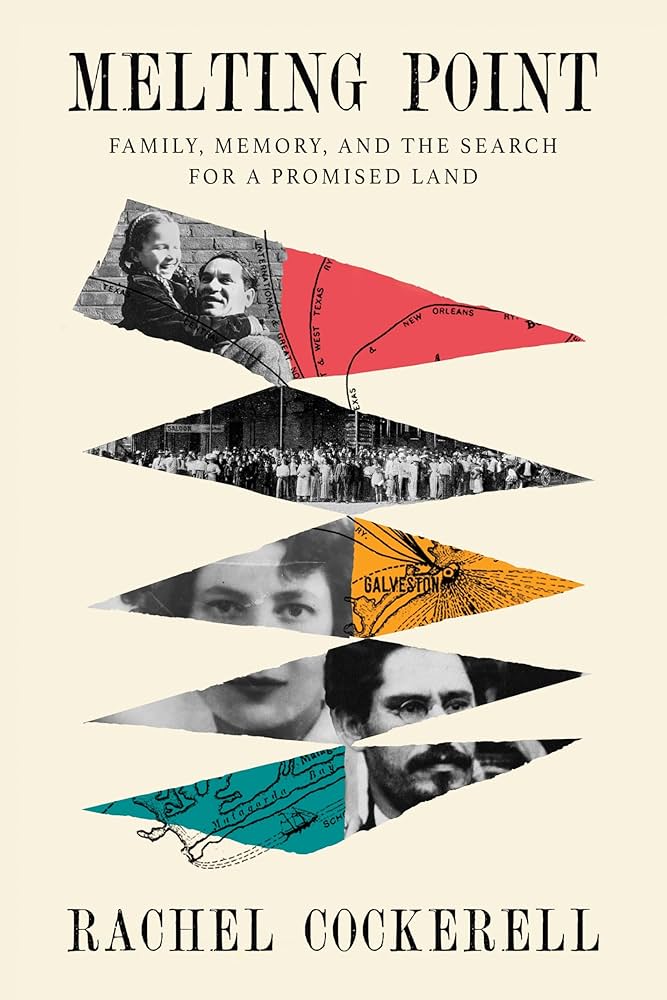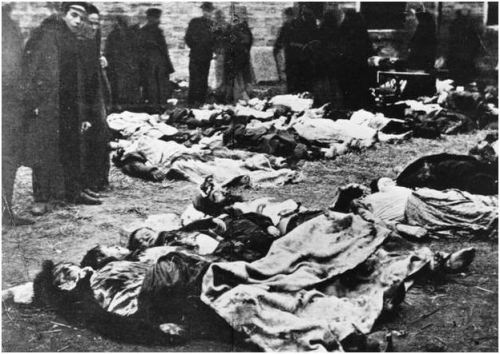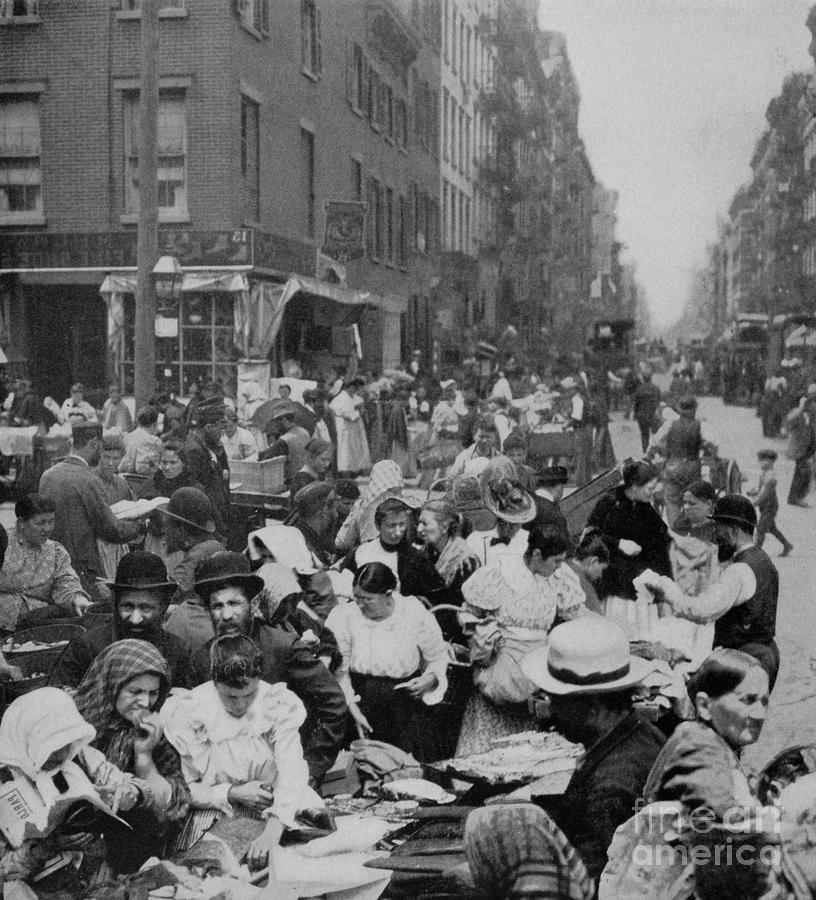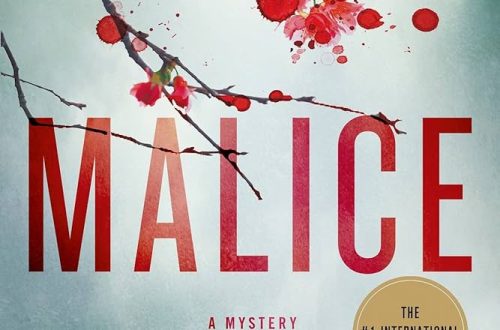This is the equivalent of sitting down in an Irish pub to a rich stew of lamb, carrots, and onions, a side of soda bread, and a pint or two of Guiness. Your friends have joined you and are telling a story that will last for hours. Cal Reddy, a retired American cop, has retired to the composite small town of Adnakelty. He is helping to raise Trey Reddy, a fifteen-year-old semi-feral girl from up the mountain now that her older brother has mysteriously disappeared, probably under BAD circumstances.Trey’s single mom is barely staying afloat caring for her gaggle of kids when Johnny Reddy, her always-ready-with-a-scheme-good-for-nothing-husband, gone for four years, inexplicably reappears.
Day-by-day Johnny’s duplicitous enterprise is unveiled and the small community of sheep farmers who have known one another for a lifetime must decide how to respond. They gather in the town pub and thrash out their motivations while telling stories, repeating old insults and practical jokes. Inexorably, Johnny’s plan grows darker, townsfolk are divided, feud-like, Trey is caught in a vicious struggle between her real father, Johnny, and a decent father, Cal, and the effects of a once-in-a long while drought withers townsfolk, leas, and sheep to the point of bottomless irritation.




